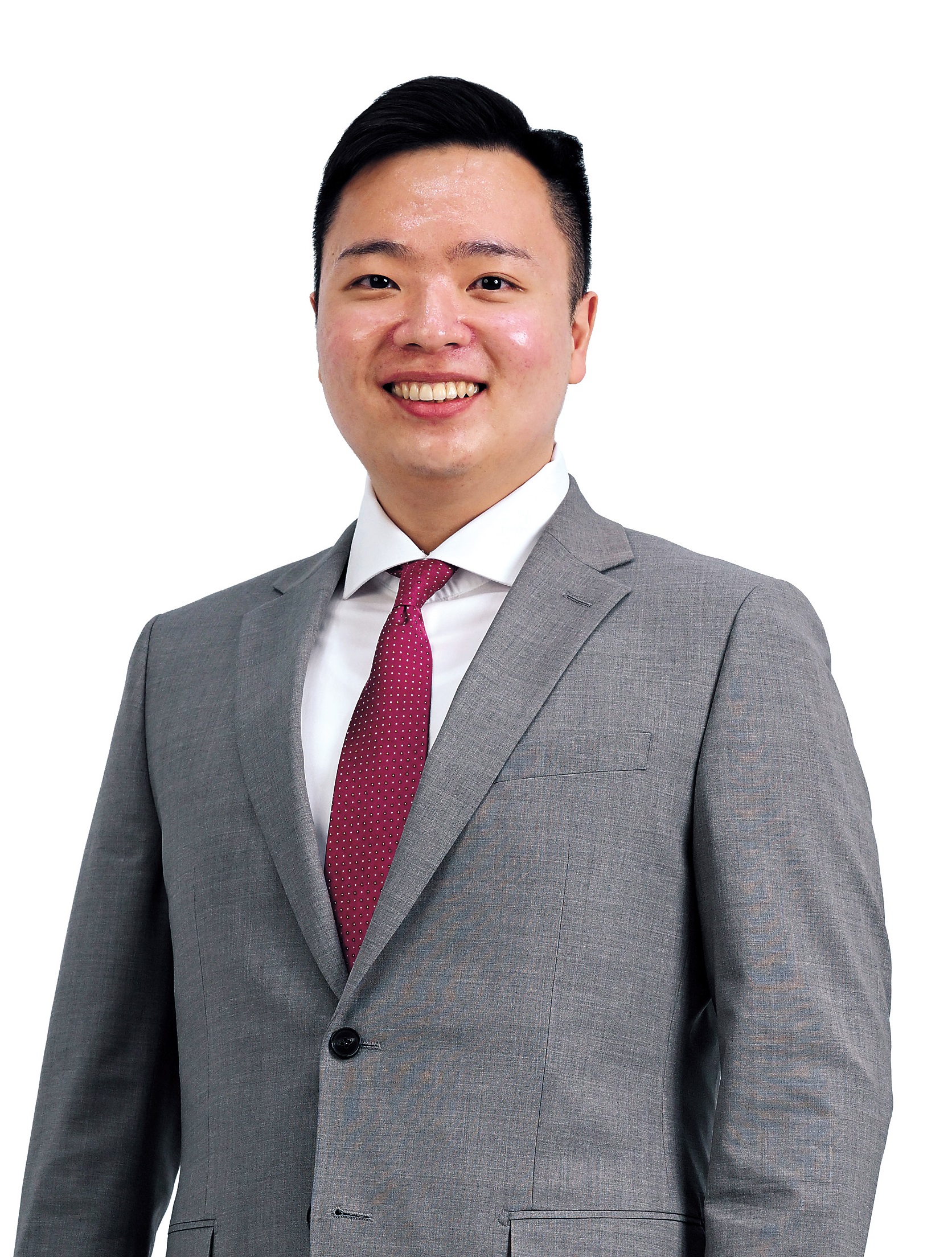
South Korea’s military leadership crisis is deepening as key unit commanders come under scrutiny in the investigation into President Yoon Suk Yeol’s Dec. 3 martial law declaration. Three three-star generals under investigation have been dismissed from their posts while the Army Chief of Staff has been suspended from duty.
The military court on Monday issued an arrest warrant for Lt. Gen. Kwak Jong-geun, former chief of the Special Warfare Command and Lt. Gen. Lee Jin-woo, former head of the Capital Defense Command, allowing investigators to detain them during the ongoing probe.
Both appeared for their detention warrant hearings at the Central Regional Military Court in Yongsan, Seoul, earlier in the day.
Both Kwak and Lee face charges related to the deployment of military personnel to the National Assembly on the night martial law was declared.
The prosecution's special investigation unit probing Yoon's martial law declaration on Monday questioned Lt. Gen. Yeo In-hyung, former chief of the Defense Counterintelligence Command. This was the first time Yeo was summoned for questioning as a suspect after his arrest warrant was issued on Dec. 14.
Yeo stands accused of orchestrating the martial law framework and deploying military personnel to key institutions, including the National Assembly and the National Election Commission, on the night martial law was declared.
The prosecution's detention warrants also extended on Sunday to Gen. Park An-su, who is currently suspended from his Chief of Army Staff duty, for his roles during the declaration including the distribution of the martial law decree and the discussion of the plan with Yoon.
The post of Army Chief of Staff has been vacant since the Defense Ministry suspended Park from his duties Thursday, citing his inability to perform his role amid ongoing investigations into his involvement in the martial law declaration.
Maj. Gen. Moon Sang-ho, former head of the Defense Intelligence Command, was taken into custody by the police on Sunday on charges related to ordering troops to the National Election Commission on the night of martial law.
However, prosecutors on Monday afternoon rejected the police's request for the emergency arrest of Moon Sang-ho, stating, “The emergency arrest in this case violates the jurisdictional provisions of the Military Court Act.” The police's special investigation unit expressed regret over the prosecution's decision.
In contrast, prosecutors approved the emergency arrest of Noh Sang-won, former chief of the Defense Intelligence Command, who was detained alongside Moon.
Now a civilian, Noh served as military intelligence chief during the Park Geun-hye administration and has been identified by the opposition as a key figure behind the martial law plan, allegedly assisting former Defense Minister Kim Yong-hyun. Police suspect Noh, a close ally and junior alumnus of Kim at the Korea Military Academy, of drafting the martial law proclamation.
Apart from two-star general Moon, the dismissals have affected four of the Army’s 21 three-star and higher-ranking generals, including four lieutenant generals and one general. This has raised concerns about a significant leadership void within the Army, South Korea’s primary ground combat force and the first line of defense against North Korea.
The position of defense minister remains vacant after former Defense Minister Kim Yong-hyun resigned following the prosecution's request for a detention warrant over allegations that he proposed the martial law plan to President Yoon.
No nominee for the role has been named, and Yoon’s impeachment on Saturday has stripped him of the authority to make appointments. While Prime Minister Han Duck-soo has assumed the role of acting president, questions arise on whether Han has capabitiy to prioritize the nomination of a new defense minister amid other pressing responsibilities.
Amid mounting concerns over the military leadership vacuum, the Defense Ministry said Monday that the armed forces remain operational overall, with acting officials filling in for vacant leadership positions.
During a regular briefing, Jeon Ha-kyu, the Defense Ministry's spokesperson, said acting officials are fulfilling the duties of the vacant posts under the coordination of acting Defense Minister Kim Seon-ho.
According to the ministry, Gen. Go Chang-jun, former chief of the Army 2nd Operations Command, has been appointed as the acting Army Chief of Staff. It was not immediately disclosed who was chosen to fill the remaining dismissed generals' posts.
The Joint Chiefs of Staff said last week that systems for monitoring North Korean forces and responding to provocations remain unaffected, emphasizing that the posts impacted by the martial law scandal are not directly relevant to such operations.










